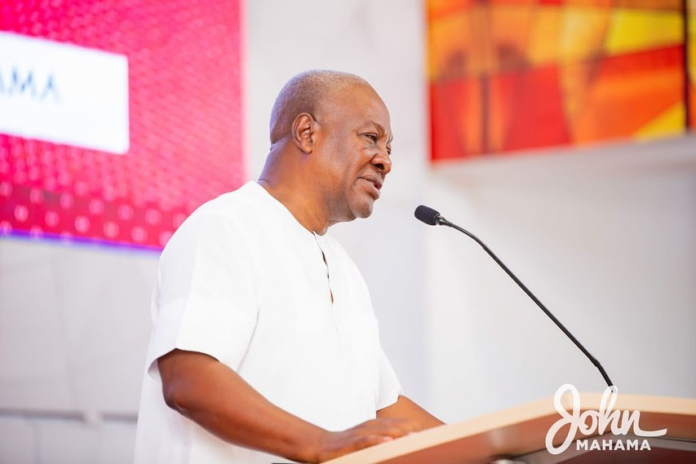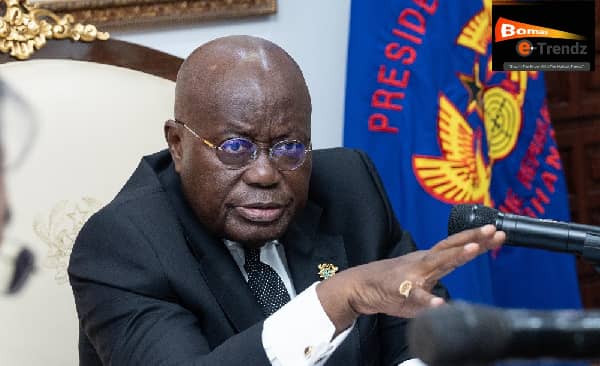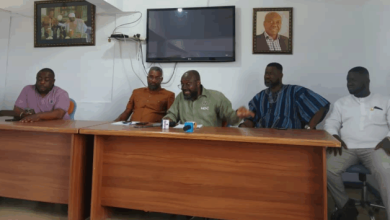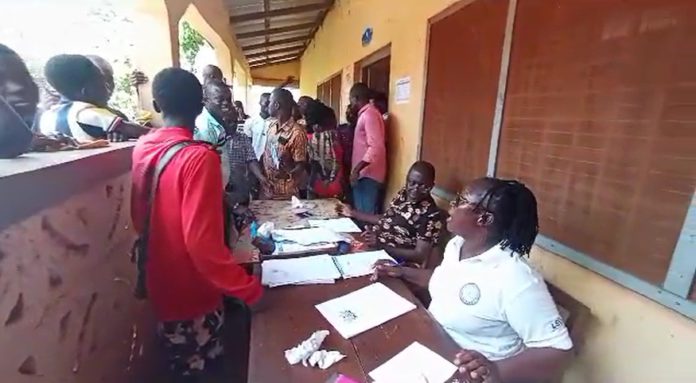EXTEND FREE TABLET INITIATIVE TO BASIC SCHOOLS- GOV’T TOLD
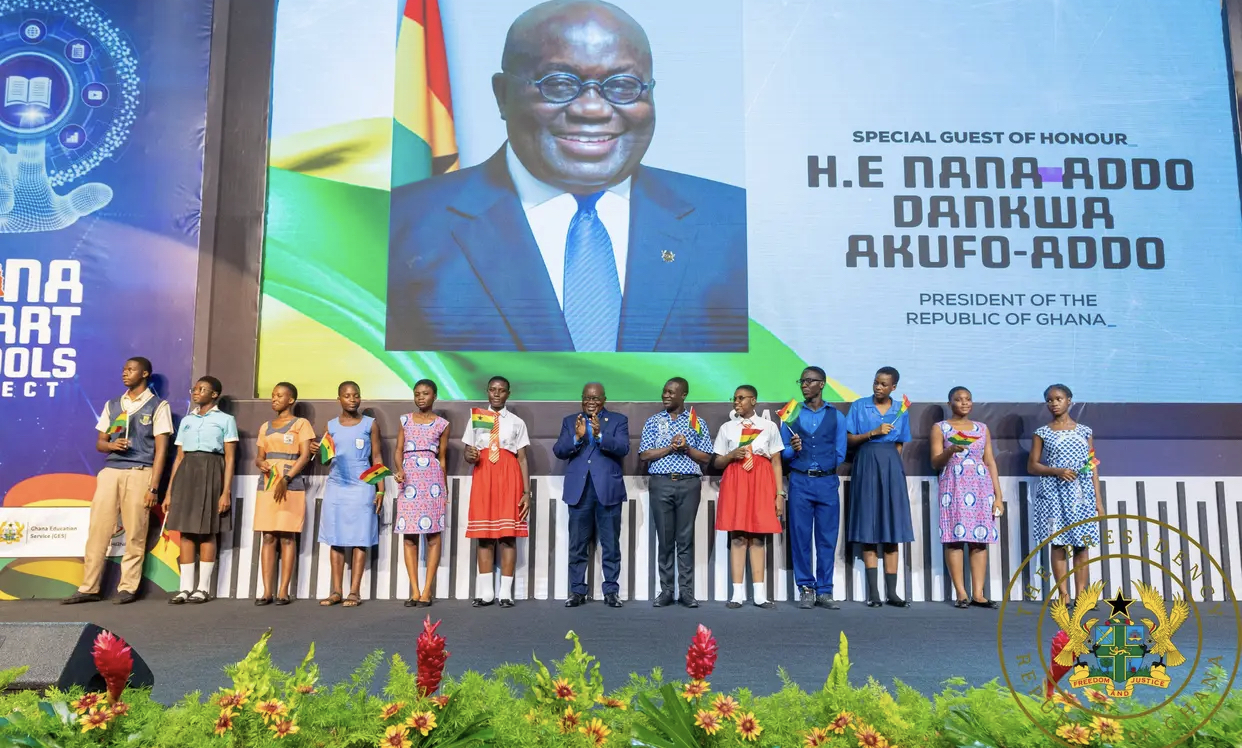
King Ali Awudu, the President of the Coalition of Concerned Teachers has lauded the government for its free tablet for each Senior High School students, but wants the government to extend the policy to the basic school level.
According to him, though the said initiative has a very critical impact on basic schools, it appears government is more interested in paying attention to investments in SHS at the expense of basic schools.
Speaking in an interview with TV3’s Keminini Amanor on Sunday, April 7, King Ali Wudu said, “the government is not pumping so much money as it is being pumped into the senior high schools. When it comes to the SHS, the feeding that is given to them alone surpasses the money that is supposed to be paid to pupils in basic schools per annum. So if you come to SHS the amount of money the government spends on feeding and other perishables per student, per day is just like the money that the government spends per pupil per year in the basic schools.”
“Recently, you heard about the government’s wish to establish smart senior high schools and the purchase of some 1.3 million tablets at the cost of about 320 million dollars for SHS students, that is a lot of money and there is nothing wrong with that. The schools must be equipped but in every building the foundation is key. If the pupil is not well brought up at the Kindergarten, not well brought up at the primary, not well brought up the JHS, they will get to the SHS deficient.”
Expressing concern about the frustrations head teachers go through in their line of their work adding that, he disclosed that most of these headmasters are unable to voice out what they go through for fear of being victimized.
“No head teacher can come and sit here and make this discussion with you, the moment he leaves, his dismissal letter will be waiting for him,” he said.
King Ali Awudu was particularly worried about how the education sector in Ghana is being used for politics; a practice he wants an immediate stop to.
“In this country, there is no sector that is used for politics more than the educational sector,” he said.

